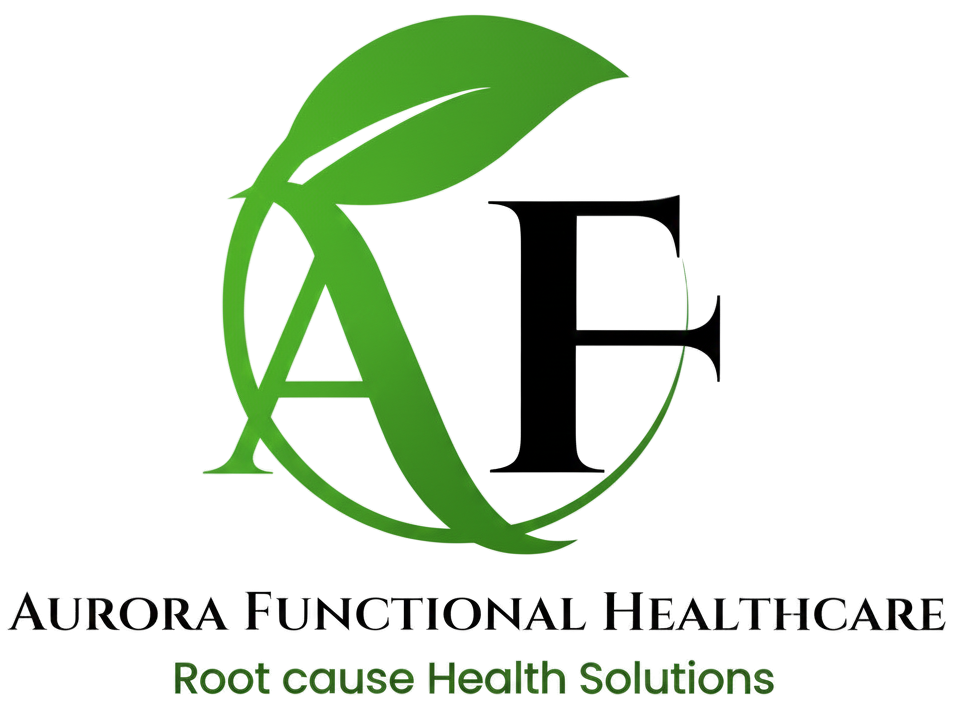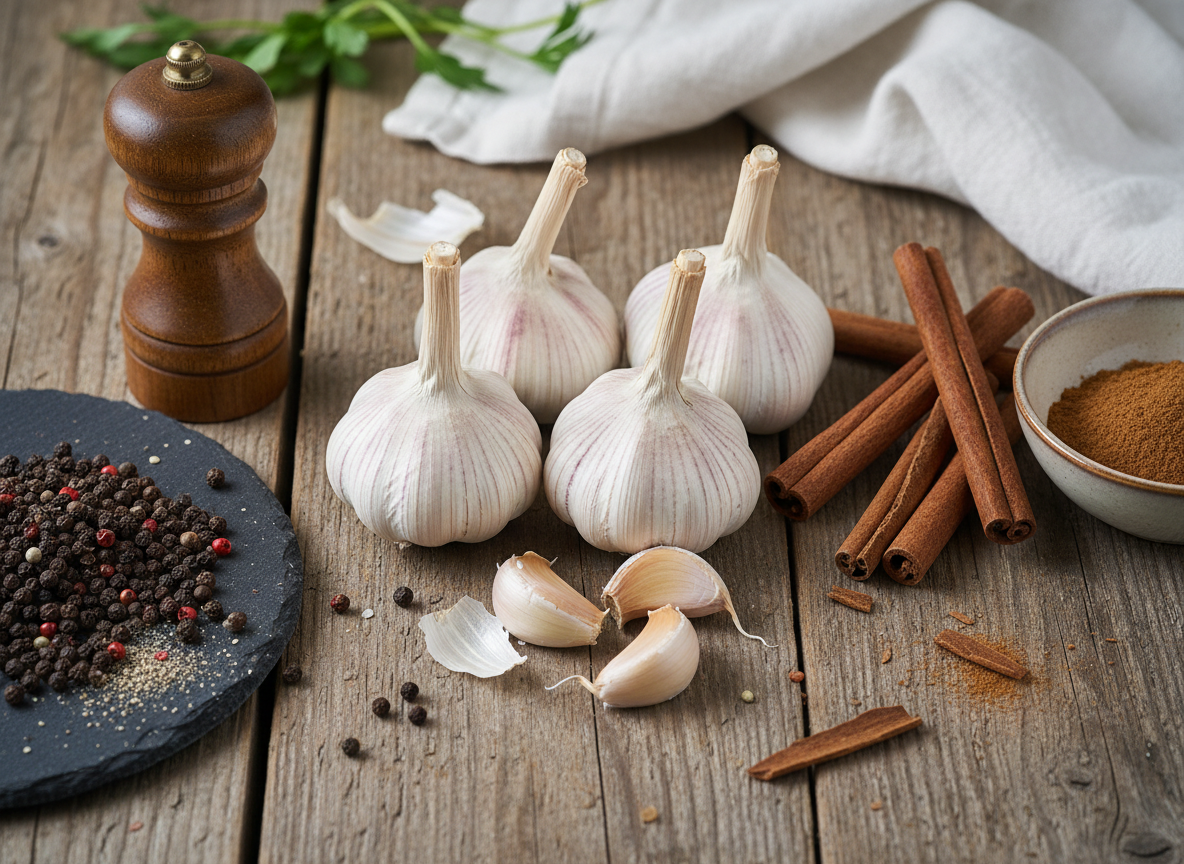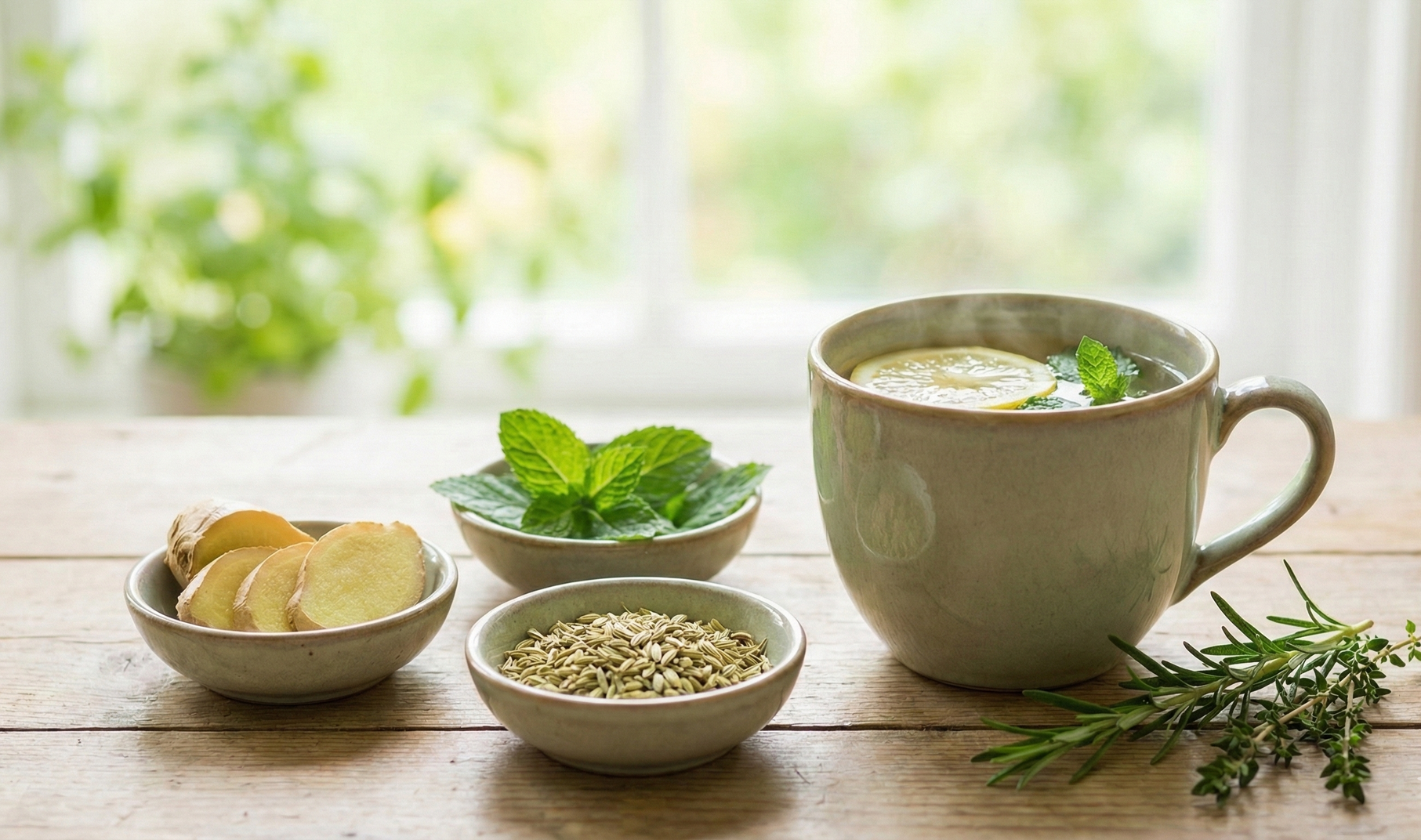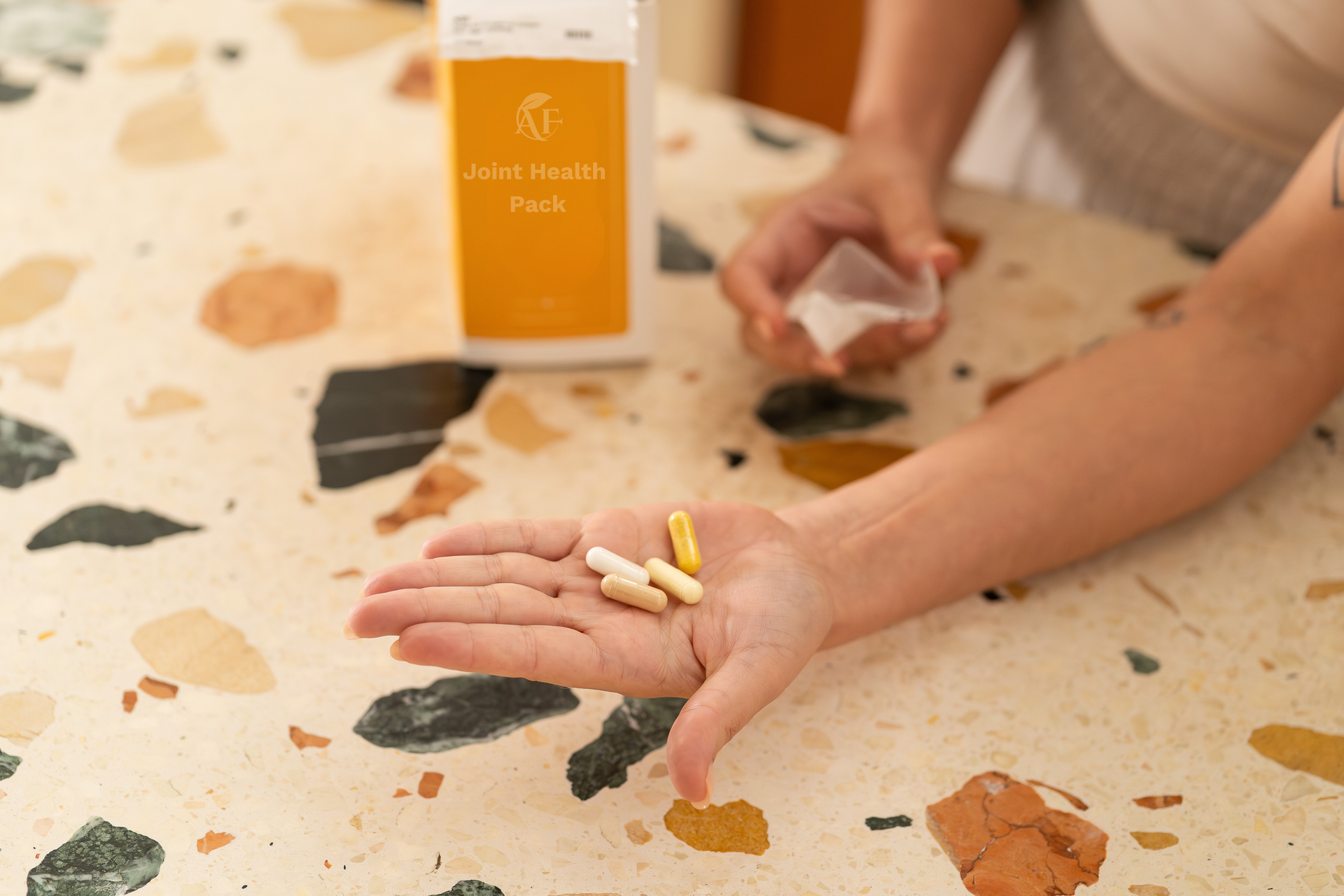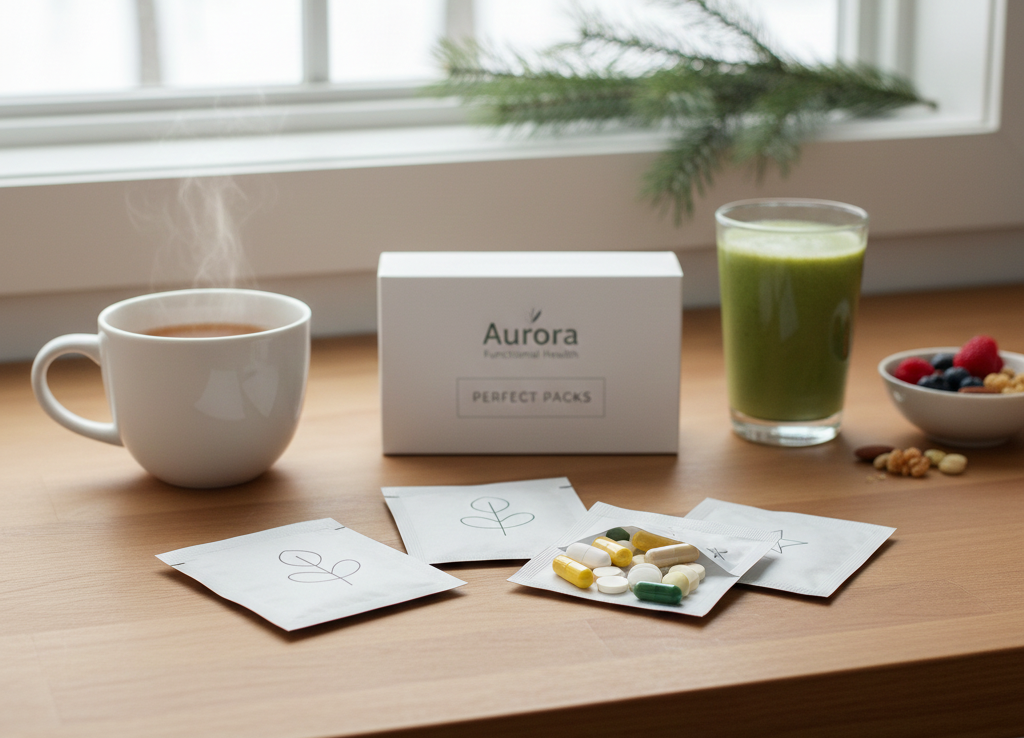Build up your bone/joints
By Dr. Robin Sallee
Over 1 million hip and joint replacements are performed yearly in the United States. Have you ever wondered why the vast majority of the population suffer from low back pain, arthritis, osteoporosis, osteopenia, sciatica, and bone/joint degeneration? Malabsorption and leaky gut dysbiosis can contribute to nutrient depletion in the bone and joints. Eating a diet rich in Vitamin D and raw calcium keeps our bones and joints healthy. Did you know your Vitamin D should be 60ng for optimal health. We should not be consuming calcium derived from oysters. The human body was not designed to ingest rock material. For this reason is why the vast majority of the population can not tolerate calcium. Not ingesting calcium at all can be problematic if you are on certain medications. Whereas, certain medications cause nutrient depletion. Always be sure to do a medications check across any new supplement regimen you are adhering to. Incorporating the following foods below can improve the integrity of your bone and joint health. See our supplement, herbs/spice section of our website for your daily nutrient needs.
Many nutrients are important for bone and joint health, including:
- Liquid Raw Calcium and Vitamin D: These nutrients are essential for bone health, and help increase bone density and strength.
- Magnesium: Helps maintain healthy bones by improving calcium absorption. A deficiency in magnesium can lead to calcification of the bones and joints, which can cause arthritis.
- Vitamin C: Helps build and repair bones, tendons, ligaments, and blood vessels. Vitamin C is an enzyme activator. Enhancing the bioavailability of other nutrients.
- Protein: Helps build and repair bones, muscles, skin, and cartilage.
- Omega-3 fatty acids: Found in oily fish like salmon,sardines and plant based algae, these anti-inflammatory acids can help reduce joint pain and swelling.
- Vitamin K: Helps with bone formation and healing by binding calcium.
A well-rounded diet that includes fruits, vegetables, legumes, nuts, seeds, and lean proteins can help ensure you're getting enough of the nutrients you need. However, some nutrients may require extra effort to get enough as you get older. Remember to supplement those nutrients you can not get from your foods naturally
